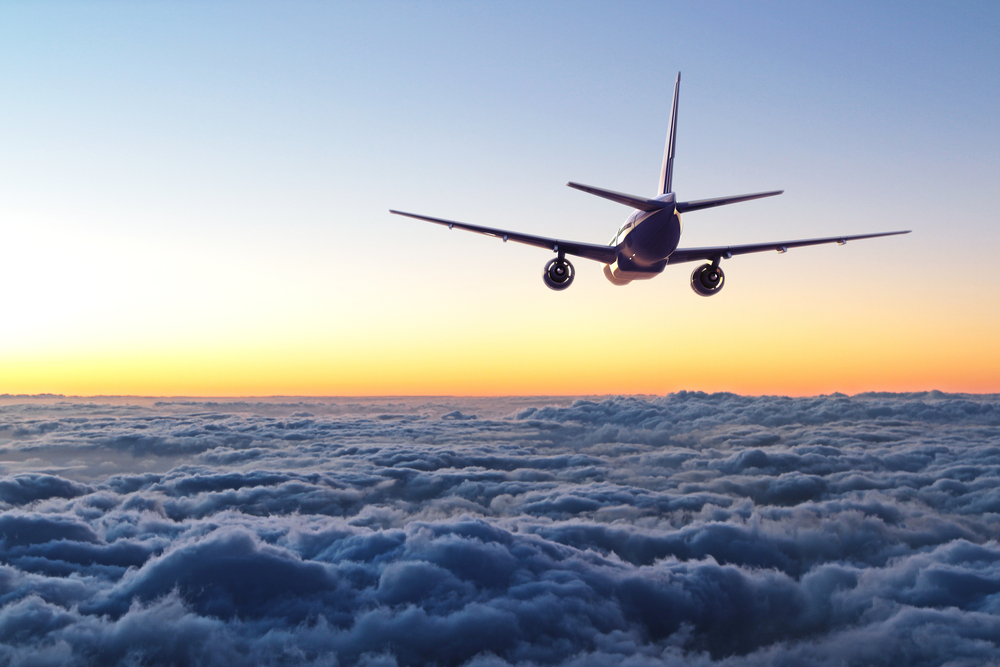1. Consult with an immigration officer
Whether you’re receiving your visa through an employer or moving to look for new opportunities abroad, it will be helpful to consult with an immigration officer. Since they know more about the country you’re moving to, they can give you more information about the terms and duration of your stay, as well as warn you about issues or problems you may encounter along the way.
If you are moving overseas on your own, with no work or school program lined up, you might need the help of an immigration lawyer to process your requirements.
You may also do your research in advance so you can clarify the steps or parts of the process that you don’t understand when you talk to the officer. Look up immigration laws, deadlines for form submissions, time frames (processing of papers and allowed duration of stay), policies on importing goods, moving your pets, securing currencies, and applying for jobs (if applicable).
2. Get your paperwork in order
Check the passports of everyone in the family and make sure they are up to date. Ensure that they are valid for the duration of your stay. Some countries require that passports are valid for at least six months after the travel date.
Look up visa requirements and start getting the paperwork done as soon as you can. Create a list of all the documents that you might need and organise everything in a folder. Here are some of the documents that you can add to your list:
- Birth certificates
- Current driver’s licence
- Professional licence
- Marriage certificate
- Membership cards
- Certificates of adoption (if applicable)
- School records
- Medical records
Tip: If you can, gather everyone and go through all the documents that you have and check if everything is up to date.
3. See your doctor
Visit your local health care provider or travel health clinic to see the requirements you need to accomplish before travelling. You may also visit the government or the official website of the country you are moving to. Some destinations require visitors or immigrants to get certain vaccines prior to their arrival. Maintain a record of all the shots you receive and file them with your other medical records.
It is also recommended that you get travel or health insurance to cover bills and other medical expenses should you need them in the country you are travelling to.
4. Secure Customs forms for pets, household items, and vehicles
Check with the consulate or embassy for the documents that you will need for the proper documentation of everything you need to take with you.
If you are using a moving company, they can also provide you with a form. You may ask the company about prohibited items and dangerous goods that you can’t ship in your container (you may be surprised about what constitutes prohibited imports to certain countries, and prohibited exports from others).
Note that moving your pets or taking your vehicle overseas may require additional paperwork. Make the necessary arrangements as soon as you can to avoid delays.
5. Arrange access to funds
Visit your bank to make the necessary arrangements to access your funds from your new location. When possible, set up mobile or online banking for easier access, and make sure your ATM card is functional in the country you are moving to.
Before your moving day, get some currencies for the country you’re moving to. Whilst almost every store has digital modes of payment available, it is always good to carry some cash when you travel.
6. Organise your belongings
As soon as you have a date for the move, start going through your belongings and sorting out what to take, what to dispose of, and what you can donate or sell. This way, you will have an idea of how much stuff you’re bringing to your new home. Consider getting rid of the things that you haven’t used for more than a year and only take essential and useful items.
You may start packing off-season items and other things that you won’t need immediately before and after the move. Before sealing all boxes or containers, go around the house and check if everything has been accounted for.
Prepare your suitcases and carry on bags a few days before your travel date. Make sure you place all essentials and documents in your carry on bag for easier access, and pack for the weather you’re going to encounter in your new destination.
7. Research and prepare for your new life
Culture shock is real. Hence, it is highly recommended that you prepare yourself by researching and reading about the culture of the country you’re moving to. This way, you won’t be too overwhelmed when you get there.
In this digital age, it is easier to access a range of resources/materials to help you prepare for the things that you can expect in your new life.
